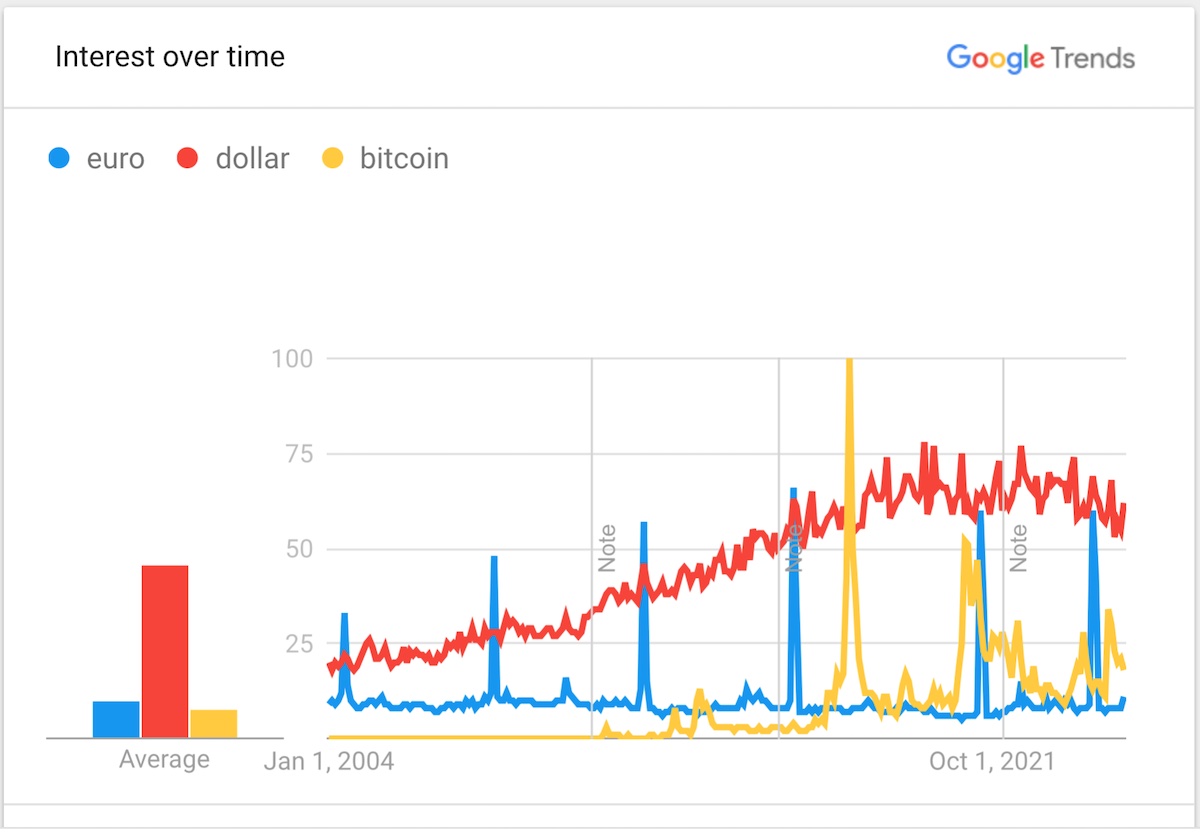Dubai, February 21, 2025 – In a day that will be etched in cryptocurrency history, Bybit—the renowned Dubai-based exchange—was struck by a cyber assault that has left the crypto community reeling. With hackers making off with an estimated $1.4–$1.5 billion in digital assets, this is now the largest cryptocurrency heist ever recorded, eclipsing even the notorious $600 million Ronin Network breach of 2022.
The Heist Unfolded
In a stunning turn of events, the hackers zeroed in on one of Bybit’s Ethereum cold wallets, which held over 400,000 ETH alongside related tokens such as stETH, cmETH, and mETH. During what was meant to be a routine multisig wallet transfer, the assailants executed a sophisticated exploit. By deceiving the wallet signers—possibly through a spoofed user interface or a malicious smart contract update—the attackers redirected vast amounts of funds to an unidentified address. Bybit’s CEO, Ben Zhou, hinted at a potential vulnerability within the Safe multisig wallet system, though investigators are still racing to pinpoint the exact breach.
Inside the Attack
Blockchain sleuths, including notable figures like ZachXBT and firms such as Arkham Intelligence and Elliptic, have traced the digital footprints of the heist to North Korea’s infamous Lazarus Group—a state-sponsored hacking collective with a history of high-profile crypto thefts. Evidence of similar attack patterns and the splitting of stolen funds into dozens of addresses has only deepened suspicions, further fueling the narrative of an audacious, well-orchestrated operation.
“There’s no reason to keep $1.4 billion in one place, so it must be either an inside job or criminal neglect of epic proportions,” commented one vigilant observer, underscoring the broader industry debate on asset security.
The Aftermath and Recovery Efforts
Despite the monumental loss, Bybit has maintained that it remains solvent. The exchange reported that its reserves still exceed its liabilities, ensuring that client assets remain fully backed on a 1:1 basis. In the immediate wake of the breach, Bybit processed a staggering 350,000 withdrawal requests—completing nearly all by early February 22. Notable withdrawals included 700 BTC (valued at $68.8 million) and 25,000 ETH (worth approximately $67.12 million).
In a bid to stem further damage and recover stolen funds, Bybit has launched a $140 million bounty—equivalent to 10% of any recovered assets—inviting ethical hackers to join the recovery effort. The exchange is actively collaborating with law enforcement agencies and cybersecurity experts while borrowing ETH to ensure smooth withdrawals and curb the hackers’ ability to offload funds onto legitimate markets.
“Every exchange should be required to disclose that their bitcoin is at risk while in an exchange,” urged one community member, reflecting a growing chorus of calls for enhanced transparency and security protocols across the industry.
Industry Shockwaves and Security Overhaul
The Bybit breach has sent shockwaves through the crypto ecosystem, reigniting debates about the vulnerabilities of multisig wallets and the dangers of blind signing. With the stolen funds initially funneled into a single wallet before being fragmented across numerous addresses, recovery remains an intricate challenge that may take months to unravel.
As major players like Coinbase, Gemini, Kraken, and Bitstamp tout their insurance policies as a safeguard, critics argue that such measures are not enough. “This should not happen. There should be siloed assets, an alarm sounding and automatic delays whenever a large outflow is happening,” one vigilant voice on social media noted, calling for systemic changes to protect digital assets.
The market, though rattled by the event, has shown remarkable resilience, with minimal immediate impact on overall crypto prices. Nonetheless, the hack serves as a stark reminder of the persistent security challenges facing the industry and the urgent need for advanced safeguards.
What’s Next?
Investigations are still underway, and as details continue to emerge, the crypto community watches with bated breath. The Bybit hack not only underscores the risks inherent in the current landscape but also sets the stage for a new era of security innovations—and perhaps even regulatory reforms—in the ever-evolving world of digital assets.
Stay tuned as we follow this developing story and explore how this historic breach might reshape the future of cryptocurrency security.
Get a free consultation on how to keep your crypto safe and rapidly growing. Contact Corey Chambers 213-880-9910 or help@coreychambers.com













As this Bybit crypto hack was happening, I was hacking my own old wallet to find lots of money under the metaphoric seat cushions.